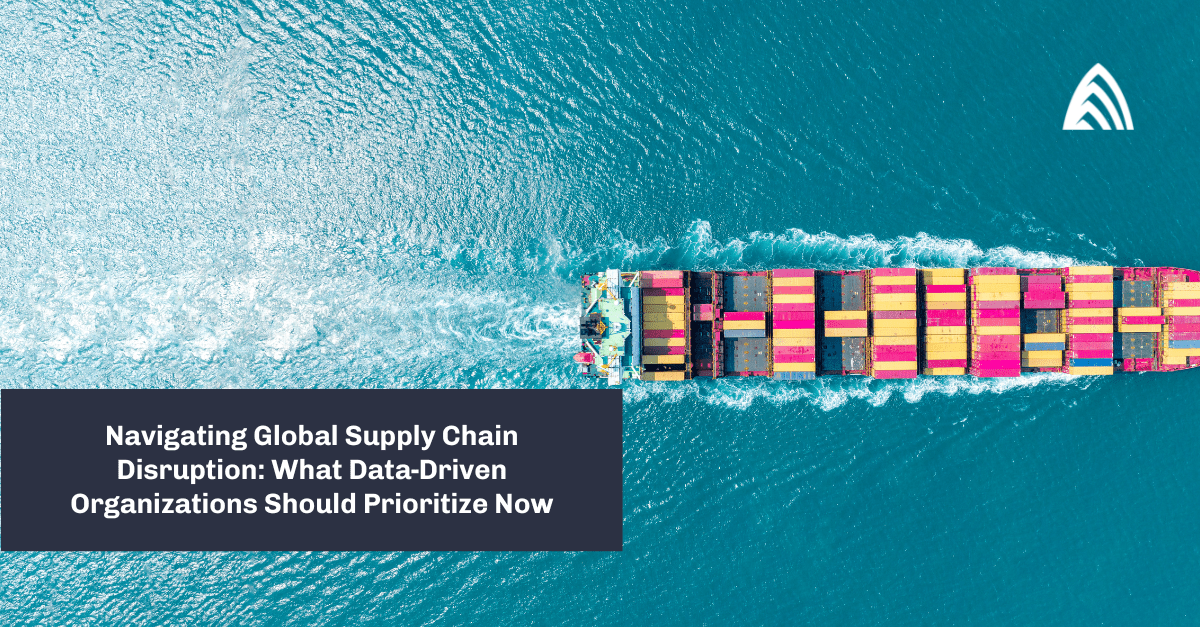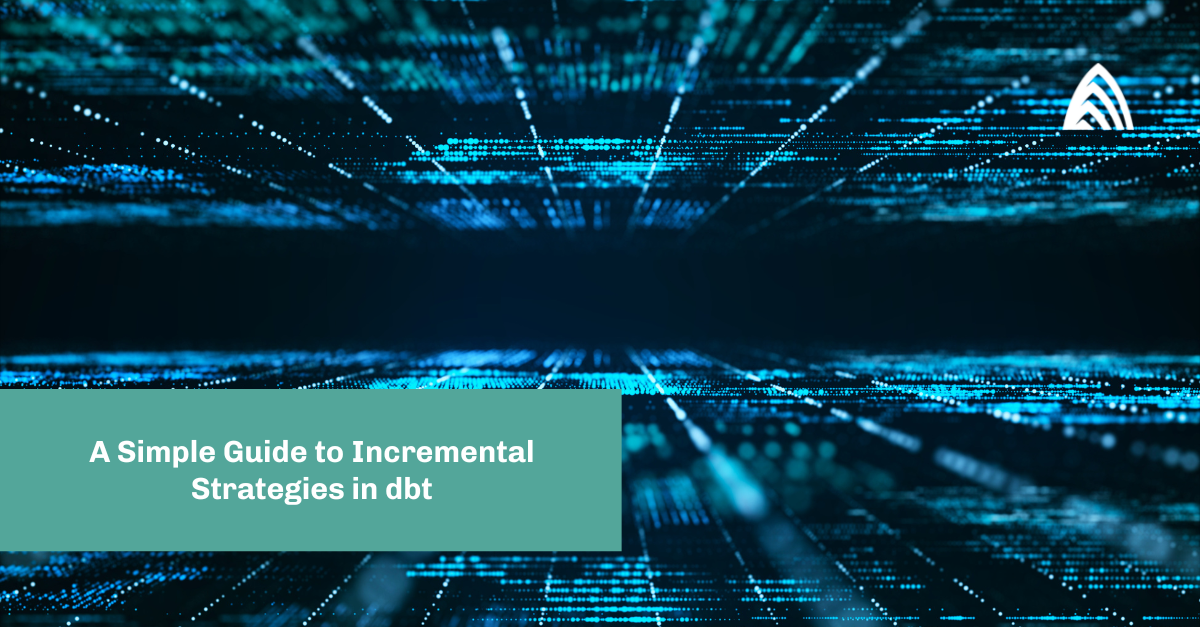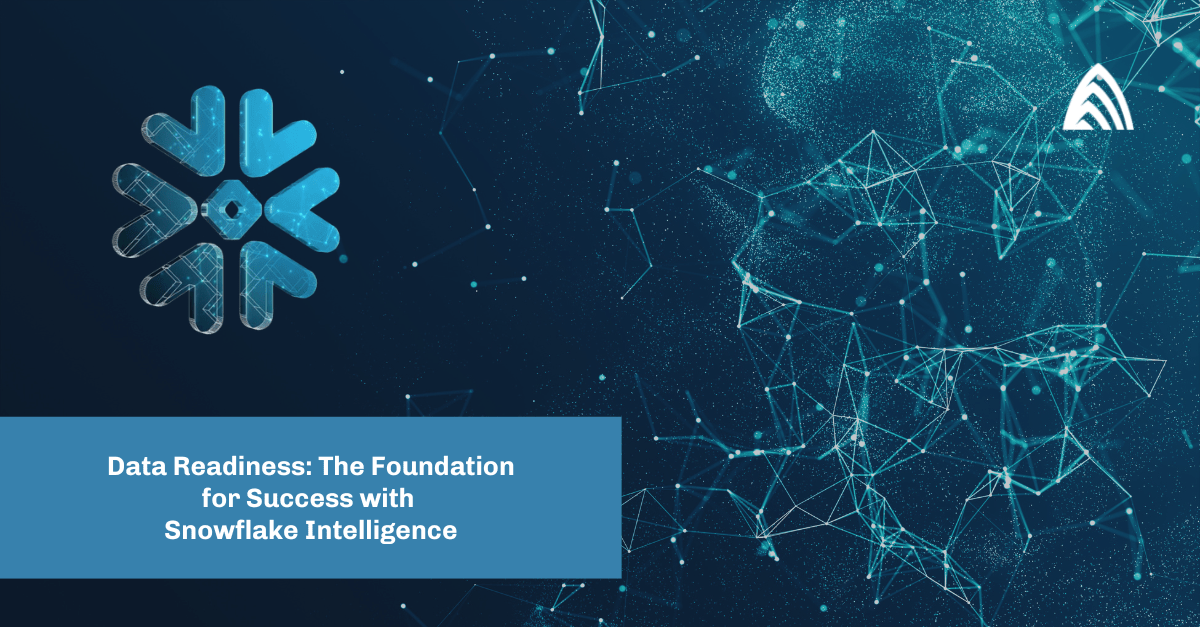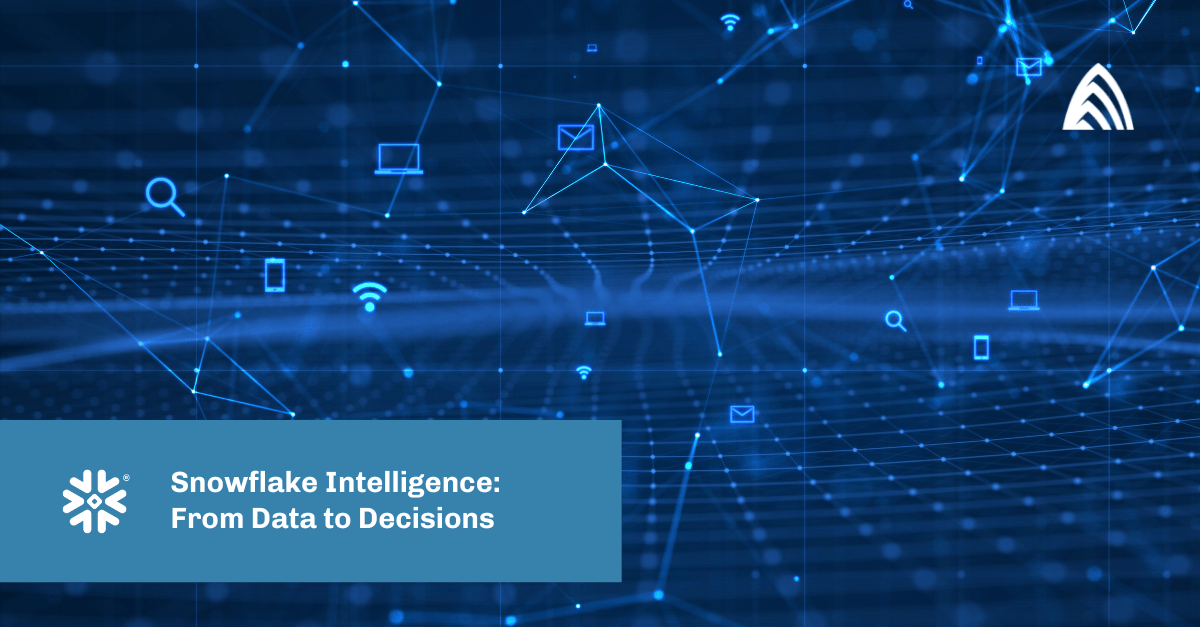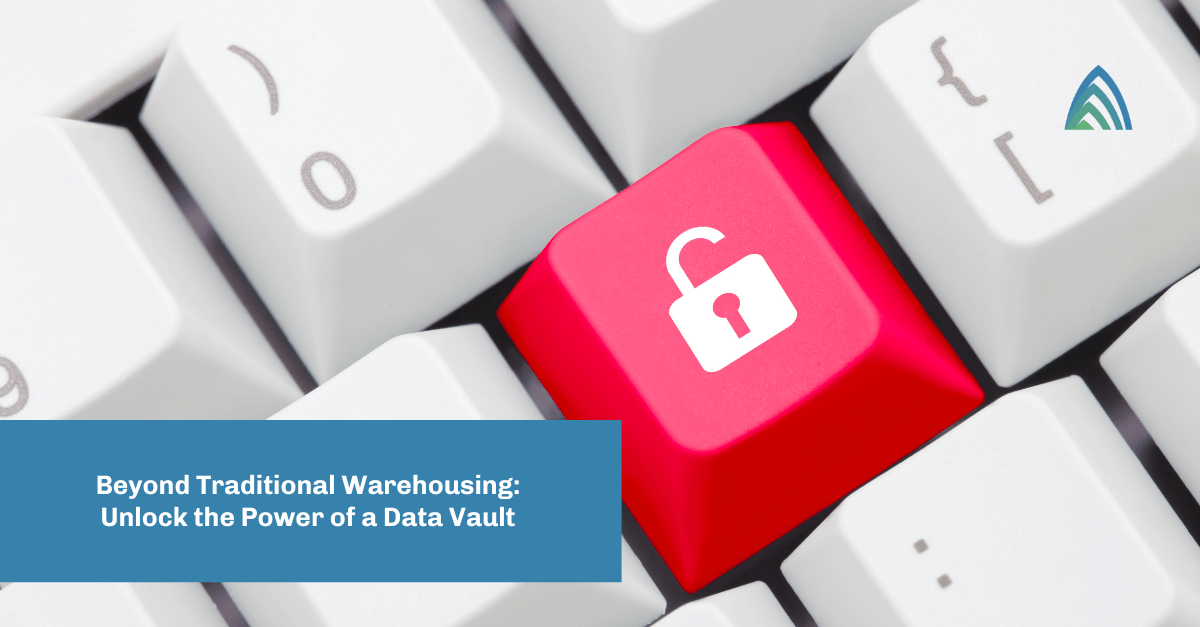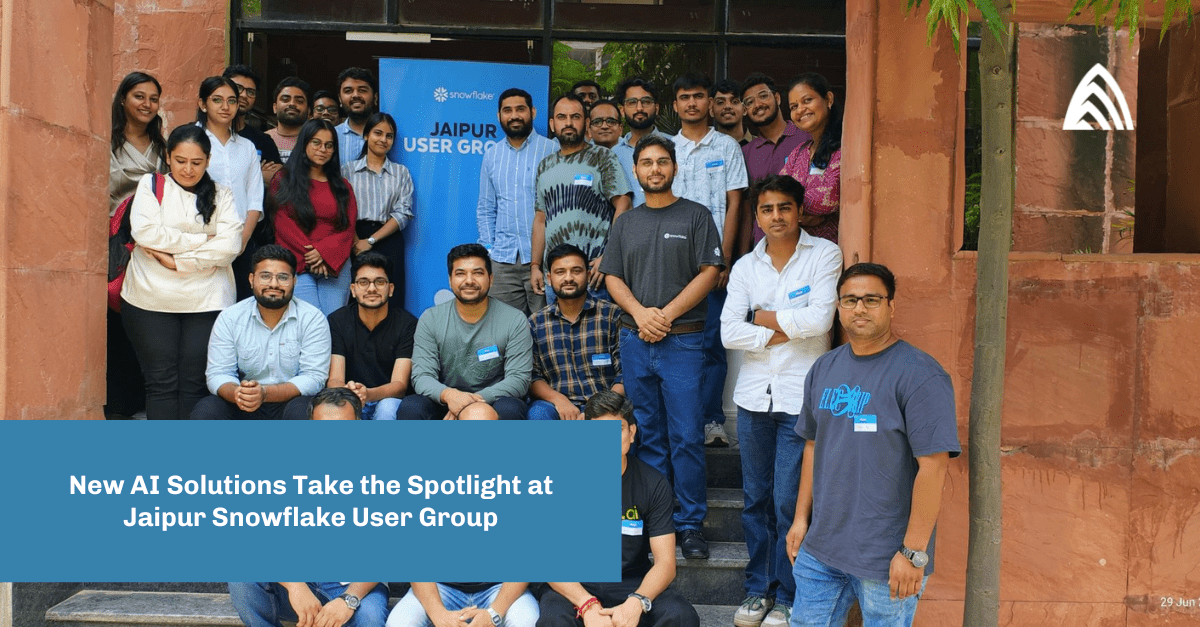Over the last few weeks, it’s become clear that the return of tariffs and broader geopolitical shifts is more than just political noise — it’s fundamentally reshaping how global supply chains operate. From rising raw material and manufacturing costs to volatile logistics and unpredictable demand, we’re entering a period of increased variability for businesses that rely on physical goods.
For organizations with complex supply chains, the stakes are high, but so are the opportunities, especially for those who view data not just as a reporting tool but as a strategic compass.
As a co-founder of Atrium and long-time partner in helping organizations build data-driven strategies, I want to share a few perspectives on how to navigate the next few months with clarity, resilience, and a forward-leaning posture.
1. Assume global supply chain volatility is the new normal
Tariffs and trade disruptions are driving up costs on everything from raw materials and components to transportation and warehousing, forcing manufacturers, retailers, and distributors alike to rethink their sourcing, production, and distribution strategies. That means increased demand for operational agility and visibility, and a modern data platform is essential for this moment, particularly in complex enterprise environments with numerous ERP systems.
But agility requires preparation. Now is the time to benchmark key metrics, model cost exposures, and scenario plan for how supply chain disruptions and demand shifts might impact your business.
For many of our clients, Snowflake has become the backbone of a modern, AI-powered data strategy, enabling secure, scalable, and unified data access across their ERP data, logistics, and partner ecosystems.
We’re helping several clients stand up data-driven operations to support what-if scenarios across sourcing, production, delivery, and customer demand. These are not academic exercises — they’re lifelines for profitability and growth.
2. Extend your supply chain visibility with real-time data
Trade disruption shines a harsh spotlight on brittle, siloed supply chains. If your team is still operating on outdated reports, you’re already behind.
A modern data platform like Snowflake’s AI Data Cloud can unify data from suppliers, manufacturers, logistics providers, and even customer touchpoints into a living dashboard that reflects current-state risks and informs tomorrow’s decisions.
We’re seeing a surge in interest for real-time supply chain observability, fueled by data-sharing between suppliers, manufacturers, and logistics partners, all governed securely via robust data management practices. With Snowflake, we’re building unified views with robust data pipelines, automated ingestion, and governed access controls, tailored to the speed and complexity of global supply chains.
For example, a global consumer products manufacturer recently implemented a real-time data platform connecting their suppliers, manufacturing plants, and distribution centers. This allowed them to identify a critical parts shortage in real-time due to a port strike, reroute shipments, and minimize order delays.
Ask yourself: How many of your critical suppliers and partners are integrated into your data strategy today?
3. Make collaboration a strategic imperative
As global conditions change, cross-company collaboration will be a key differentiator. Secure data sharing and effective communication with partners, suppliers, and even customers will become more important than ever. No more reconciling different spreadsheets or waiting for delayed updates.
One of our clients recently implemented a data strategy to align inventory management, distribution, and sales forecasting, shaving days off their response time and optimizing asset allocation. That’s how data-driven collaboration translates to bottom-line resilience.
4. Consider AI as a risk mitigation tool
AI is more than just a trend; in a time of global supply chain uncertainty, its true value lies in accelerating decision-making and mitigating risks. With the right AI tools, you can automate demand forecasting, spot potential bottlenecks in your supply chain, and even suggest alternative sourcing or logistics options.
At Atrium, we use Snowflake Snowpark to operationalize AI/ML models within data workflows. This enables us to generate predictive insights from data fluctuations to provide prescriptive guidance, interpret fluctuations, generate insights, and even propose mitigation steps. These used to be futuristic aspirations — now they’re practical ways to support teams dealing with increased complexity.
5. Move fast, but build for long-term resilience
Finally, I encourage you to view this moment not just as a disruption to manage, but as an opportunity to strengthen your data capabilities and build a more resilient supply chain. While some organizations will be reactive — cutting costs and freezing initiatives — you can use data to be proactive.
Start by establishing business use case teams that include analytics leads, data engineers, and architects. Use case teams will experiment and move fast, generating immediate returns on data. These teams can be paired with modern data architecture teams responsible for establishing long-term reusable data architectures, coupled with semantic models, which lay the foundation for sustained business transformation through AI.
If you lead with data, extend trust through shared access, and automate key processes, you won’t just survive the volatility. You’ll build a more agile, efficient, and competitive organization that can thrive in any market condition.
Let’s navigate this together
At Atrium, we’ve spent the last decade helping organizations transform data into a source of strength. If you need help with planning, optimizing costs, using AI, or improving supply chain visibility, our team is ready to step in.
Stay adaptable. Stay connected with your partners. And remember: organizations that use data effectively will succeed in times of change.
As an Elite Snowflake Services Partner, Atrium helps you get more out of your investment in the AI Data Cloud — from migration and implementation to managed services and data science integration.
